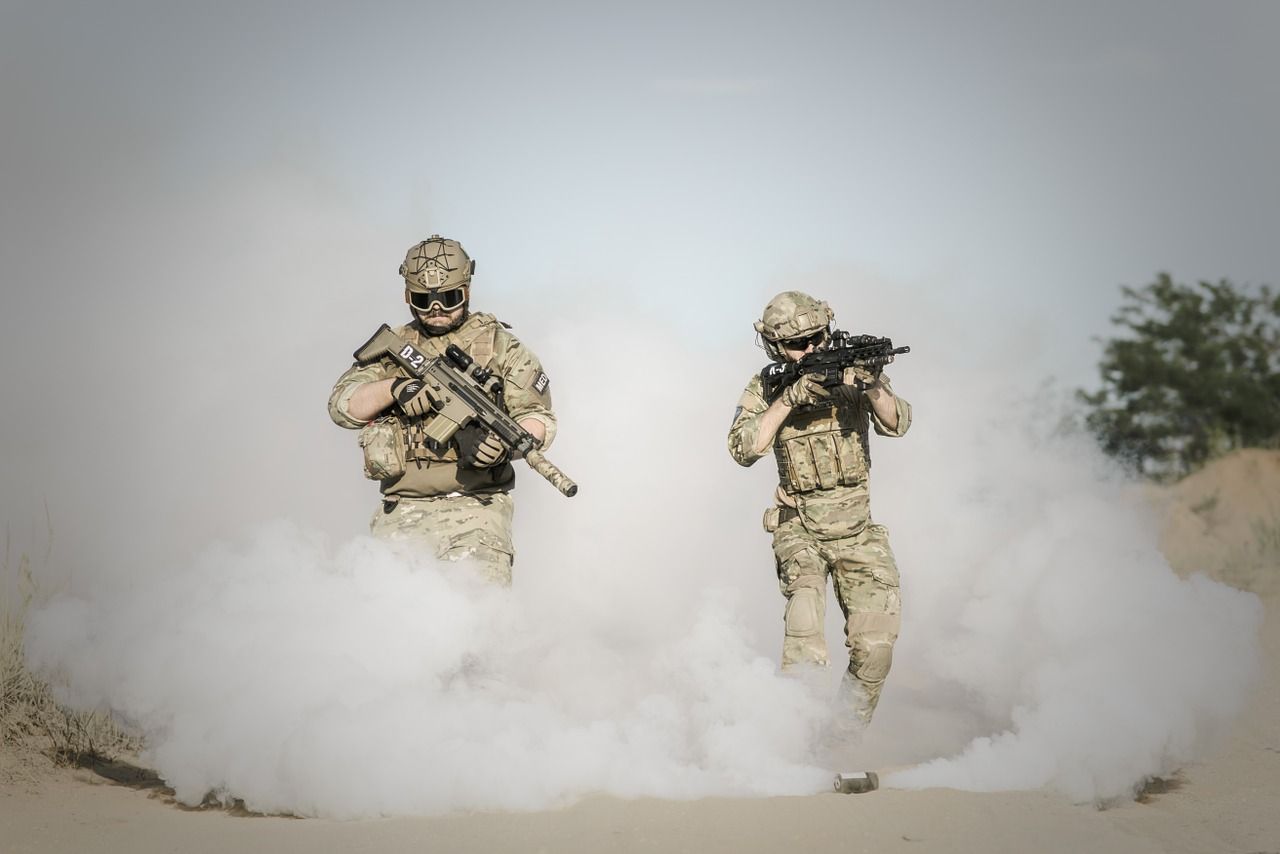Protecting Readiness Through Policy
The Department of Defense (DoD) enforces one of the most comprehensive substance policies in the nation. Every service member—active duty, Reserve, and Guard—is subject to federal regulations that prioritize readiness, health, and mission performance. Whether it’s a recreational drug, over-the-counter supplement, or “all-natural” energy pill, the DoD’s prohibited substance list exists to prevent products that could harm personnel or jeopardize national security.
Marijuana, CBD, and Hemp Still Off-Limits
Even though many states have legalized marijuana for medical or recreational use, federal law still classifies cannabis and THC as Schedule I substances. That means service members cannot use, possess, or ingest marijuana in any form—smoking, vaping, edibles, or topicals—no matter the state they’re in.
The ban also covers CBD and hemp-derived products, which often contain trace levels of THC that can trigger positive drug tests. The DoD prohibits all forms of CBD for uniformed members to ensure testing integrity and protect careers. Hemp-based clothing or textiles are exceptions, but anything that can be consumed is not allowed.
Marijuana and THC remain leading causes of positive drug tests across the Armed Forces, according to recent Air Force Global Strike Command and Joint Base San Antonio reports.
The Role of DoDI 6130.06 and Operation Supplement Safety (OPSS)
In 2022, the DoD formalized its stance through Instruction 6130.06: “Use of Dietary Supplements in the DoD.” This policy established education programs, mandatory reporting, and an official DoD Prohibited Dietary Supplement Ingredients List.
That list is maintained by Operation Supplement Safety (OPSS)—a DoD-wide initiative that helps troops identify unsafe or banned ingredients before they cause harm or disciplinary issues. Through OPSS.org, service members can search thousands of supplement ingredients and check whether a product includes a prohibited compound.
Under DoDI 6130.06, no retail store on a military base is allowed to sell products containing banned substances, and any adverse reactions must be reported through OPSS or a medical provider.
What’s on the Prohibited List?
The DoD list includes more than 800 banned ingredients and over 1,700 synonyms. These range from controlled substances to experimental performance enhancers that haven’t been approved for human use. Examples include:
- Anabolic agents and prohormones that alter hormone balance
- Stimulants such as DMAA or ephedrine analogues linked to heart complications
- Peptide hormones and masking agents from the World Anti-Doping Agency (WADA) list
- Synthetic drugs marketed under misleading “energy” or “focus” branding
The list changes often, reflecting updates from the FDA, WADA, and new scientific findings. Service members should always double-check ingredients before purchasing or using supplements.
The Consequences of Ignoring the Policy
Using prohibited substances—even unintentionally—can have serious consequences. Positive drug tests often result in administrative separation, loss of rank, or even criminal charges. Beyond the career risks, health complications from unregulated supplements are a growing concern; ingredients like DMAA and SARMs have been tied to strokes, heart attacks, and liver failure.
The safest approach: always research before you ingest. Use the OPSS website, talk to a healthcare professional, and be cautious of “proprietary blends” that hide ingredient names.
Staying Mission-Ready
The DoD prohibited substance list isn’t just about discipline—it’s about protecting lives. Maintaining a clean, supplement-smart lifestyle ensures operational readiness and long-term health. Whether it’s a workout powder, recovery drink, or herbal capsule, service members should make it a rule: if it’s not cleared by OPSS, it’s not worth the risk.

